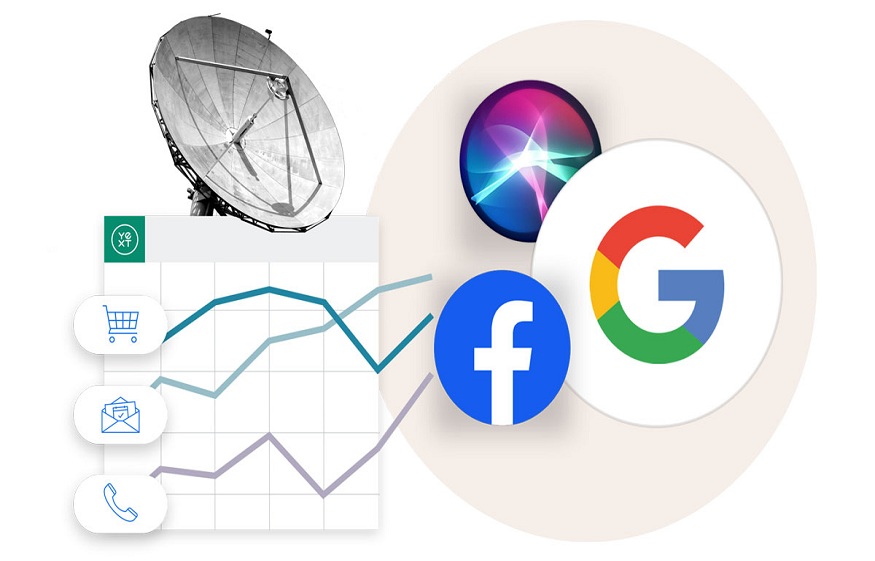Savings accounts are an excellent location to save money that you don’t plan to spend right away. These accounts are helpful for both short-term requirements, such as an emergency fund, and longer-term aspirations, such as putting money down for a down payment on a house. There are a variety of savings accounts to pick from, and they aren’t all the same. The available alternatives are traditional savings plans, high-yield savings accounts, money market accounts, certificates of deposit, cash management accounts, and special savings accounts.Knowing how different savings account alternatives compare might help you choose the best location to put your money.Which types of savings accounts are the greatest, and which ones should you have? It is dependent on your requirements and objectives.
Things to consider while choosing for savings account
Looking at the features, where you can open them, and what they’re designed to achieve might help you distinguish between different savings accounts. When comparing other savings accounts, ask yourself the following questions:
- Is there a specific aim or objective in mind for this account?
- Are there any minimum deposit or balance restrictions that must be met?
- Is there a cost for this type of savings account at the bank?
- Are there any tax advantages or benefits to having this savings account?
- Is the money in the account easily accessible?
- Will there be any fees if I withdraw money from the report?
Choose the best long-term saving plan.
It would be best to look for the best long-term saving plans, all about finding the proper investments and patiently waiting for the right time to redeem them to fulfill your financial objectives. Long-term investments have several benefits. Compound interest is more tax-efficient than fixed deposits in banks and certain mutual fund investments. Long-term investments are held for three years or longer, but they require dedication even if you experience financial difficulties in the interim.
When a long-term investment matures, it yields a higher return. This type of investment is ideal for your child since it allows you to budget for their future – school, marriage, and lifestyle. There are various long-term investing choices available, and you must carefully select one based on your objectives.
You invest and forget about the money until it matures, so it’s termed ‘long term’. Keep track of your savings from time to time, knowing where your money is going. Here are some long-term investment ideas for you to consider:
-
PPF and EPF are two types of retirement funds.
The Public Provident Fund, one of the most popular investment alternatives in the country, continues to be the best bet, with an interest rate of 8.7%. It has tax benefits under section 80C and income tax exemptions on interest income.
-
Stocks
Another option is to invest in stocks, albeit there is no assurance that you will make any money. You can choose to include it as part of your portfolio, and your risk tolerance should determine the allocation percentage.
-
Mutual funds are a type of investment that allows you
These are for persons who seek to balance risk and reward by investing in bonds and shares. Depending on one’s risk tolerance, there are numerous funds to invest in. Alternatively, you can invest in a Systematic Investment Plan (SIP), which decreases market risk by creating a portfolio with small investments at regular intervals over time.

 Mapping Success: How to Choose the Best Location for a Dispensary
Mapping Success: How to Choose the Best Location for a Dispensary  Diversified Investment Pathways: A Formal Look at the Integration of NSE IPO and SIP
Diversified Investment Pathways: A Formal Look at the Integration of NSE IPO and SIP  Open Your Demat Account Today to Invest in NSDL and Track Its Share Price
Open Your Demat Account Today to Invest in NSDL and Track Its Share Price  Documentation and Verification in Digital Gold Loan Applications
Documentation and Verification in Digital Gold Loan Applications  Measuring ROI and Performance with Yext SEO
Measuring ROI and Performance with Yext SEO  Content Marketing Agency: Transforming Content Into Business Results
Content Marketing Agency: Transforming Content Into Business Results  The Demographic Shift: Who’s Really Using Personal Loan Apps?
The Demographic Shift: Who’s Really Using Personal Loan Apps?  Organising Modern Workspaces with Plastic Storage Containers and Stackable Storage Containers
Organising Modern Workspaces with Plastic Storage Containers and Stackable Storage Containers  Should You Hold Google Stock for 10+ Years? Benefits of Long-Term Investing
Should You Hold Google Stock for 10+ Years? Benefits of Long-Term Investing 






